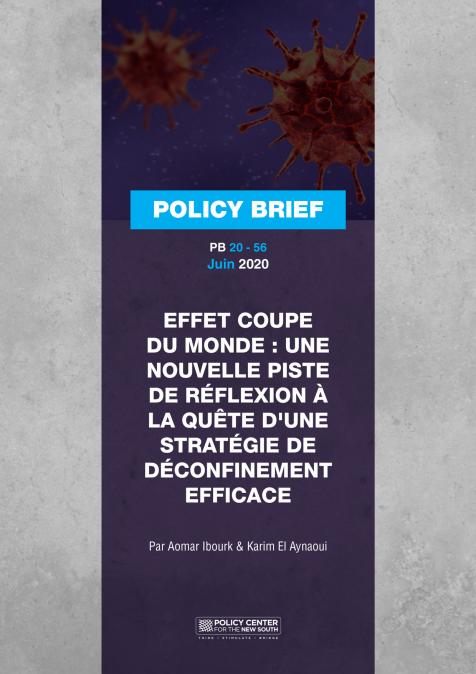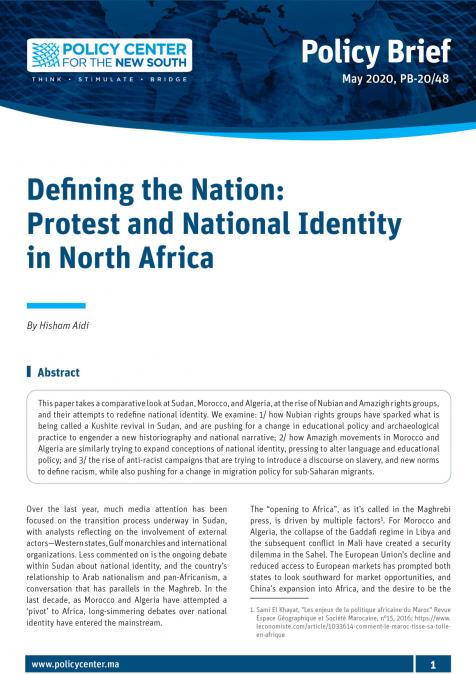Les Mardis du PCNS du 11/05/2021: آليات وسبل تفعيل ورش تعميم الحماية الاجتماعية في المغرب
يشكل المشروع الخاص بتعميم التغطية الاجتماعية ثورة اجتماعية حقيقية ونقطة تحول في مسار الإصلاح الشامل للحماية الاجتماعية في المملكة المغربية كمشروع مجتمعي غير مسبوق داخل أجل أقصاه خمس سنوات لتجاوز عوائق نظام الحماية الاجتماعية الحالي الذي يتسم بتعدد البرامج وتنوع الفاعلين وعدم وجود نظام استهداف موحد. فما هو الهدف من هذا المشروع؟ وما هي مكونات هذه المنظومة ومن هم المستفيدون منها؟ بعد الكثير من التشخيصات لأعطاب منظومة الحماية الاجتماعية ببلادنا، بسبب تشتت البرامج وتنوع وكثرة المتدخلين. كيف تتم عملية استهداف الحماية الاجتماعية؟ ما هي آليات تمويل هذا الورش وكيف سيتم ضبط موارد هذا التمويل؟ ثم ما هي التحديات وسبل اصلاح هذه المنظومة لتشمل كل الفئات الهشة؟ وكيف يمكن ضمـان المشـاركة الفعالـة للشـركاء الاجتماعييـن في مجمـوع الهيئات المعنيـة بالحمايـة الاجتماعيـة؟ نرى من خلال هذا الورش أن تعميم الحماية الاجتماعية أولوية وطنية ومسؤولية مشتركة بين الدولة والجماعات الترابية والمؤسسات والمقاولات العمومية والقطاع الخاص والمجتمع المدني والمواطنين، وهو ما يستوجب على هذه الأطراف المساهمة كل فيما يخصه في تحقيق هذا الهدف. هل مدة الخمس سنوات كافية لتعميم هذا الورش بشكل فعال يستوجب التنسيق بين كل هؤلاء الفاعلين؟ ثم إن هذا الإصلاح يجعل من الحماية الاجتماعية أحد مجالات التدخل الاستراتيجية وذات الأولوية للوقاية والتقليل من مختلف أوجه الهشاشة الاجتماعية وتحسين الظروف المعيشية للمواطنين المغاربة. كيف سيؤثر على تحســن مــؤشر التنميــة البشريــة وتكامل السياسات الاجتماعية؟ المسيّرة: إيمان لهريش، مسؤولة عن البرامج بمركز السياسات من أجل الجنوب الجديد المتدخلة: بثينة فلسي، مستشارة في السياسات الإجتماعية، مديرة سابقة للحماية الإجتماعية






